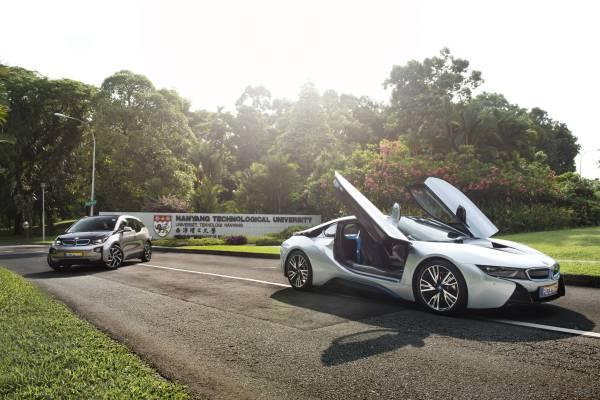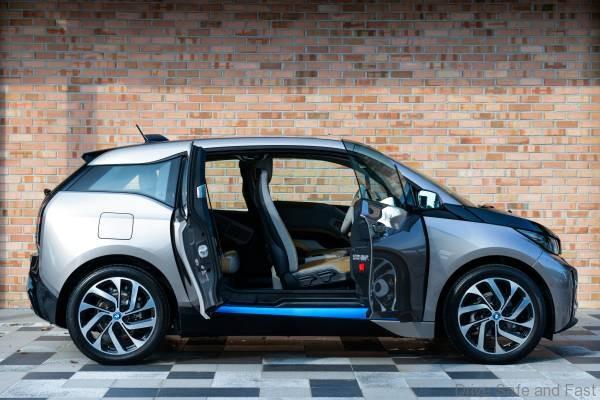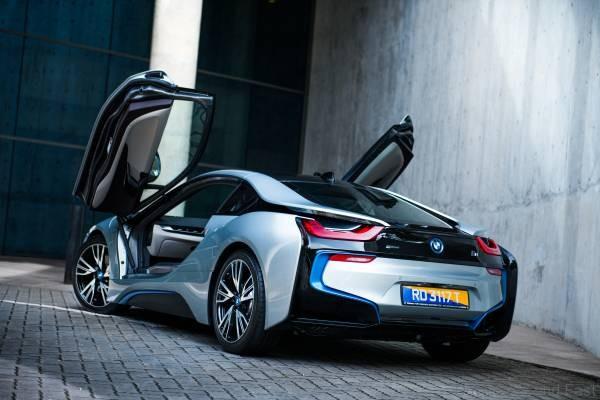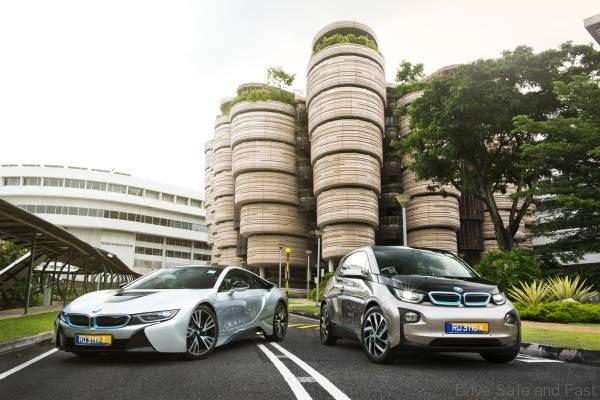Singapore has one of the strongest economies in the world, despite it’s diminutive size. With an ultra-modern infrastructure that’s constantly rebuilt and revised, and a 10-year limitation on car ownership before an expensive renewal process (much to the chagrin of both residents and tourists), it closely represents the future landscape of the automotive world.
So perhaps it’s more than fitting that BMW has begun a research project in conjunction with Nanyang Technological University (NTU) on the future of electromobility, featuring the BMW i3 and i8. We’re used to reading about how car companies have such rigorous testing procedures that span multiple continents and climates, but one of the most important aspects of a car that is rarely addressed is how people interact with cars in a modern age.
Cars are becoming more and more complex, and with autonomous cars on the horizon the operation of vehicles and the mindset surrounding them will soon change. This mobility program is being done to research how drivers behave in real life, as well as to see how well these models perform in a proper city environment. There’s no cycle beating to be done here; this is pure research, through and through.
This program comes hot on the heels of a few other research programs that had been conducted in the past 2 years, which had helped BMW develop certain aspects of their models. It is this fact in tandem with NTU’s university ranking that made them the ideal candidate for BMW’s partnership, along with seven other universities around the world.





